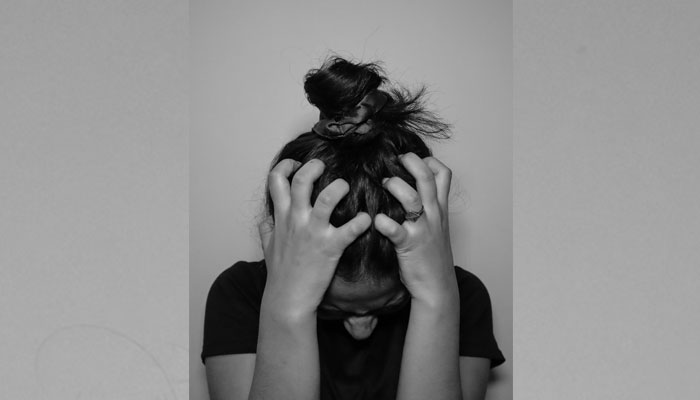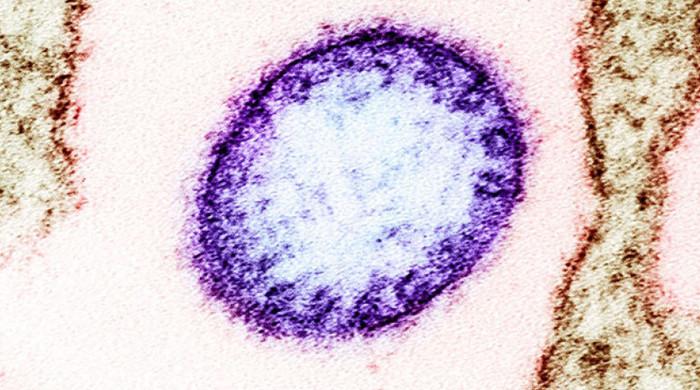'I always take my anger out on someone. Why do I act this way?'
"I have always seen my dad being angry and my mom being on the receiving end."
February 21, 2024
Hi Haya,
I'm a 23-year-old and clueless about some issues in my life. I wanted to know why I always need to take my anger out on someone, why can’t I just keep some things to myself and not always feel the need to explain it to people?
I have always seen my dad being angry and my mom being on the receiving end. I didn’t want to live like my mom, so I guess I adapted my dad’s personality a little too much. Please help me understand why I act this way.
Please help!

Dear 23-year-old,
Our first relationships are with our parents or our primary caregivers if not our parents. Years 0-7 are our imprint years. These primary relationships have a profound impact on how we develop, where we unconditionally absorb the values/beliefs/rules/behaviours from our key influencers which become a part of our reality and identification and influence the way we see and show up in the world.
This becomes the basis of all other relationships in our lives and creates our “patterns” — patterns are an unconscious drive to repeat similar (unhealthy and healthy) behaviours we learnt as children causing the same undesired outcome.
We repeat what is familiar. Similar is the case you have experienced where you have unconsciously adopted your father’s patterns.
Next, let’s explore your anger.
Anger is an emotion like any other emotion. Emotions are like our personal GPS. They alert us to what is happening in our lives and help us recognise what is important to us, and as such, they inform our actions.
All of us have emotional needs. Our basic core human needs are the need for safety, the need to feel loved, and the need to feel understood and accepted.
Needs require us to look within and get curious as to what is going on. We then have resourceful and unresourceful ways of meeting those needs.
Your anger is giving you feedback. It is signalling towards a core need within you that is going unmet.
There could be other many underlying reasons for your anger that would need to be explored more deeply.
Some reasons you may become angry could be fear when you feel threatened when you’ve been taken advantage of, when you feel rejected or disrespected, or when you are blocked from doing something that matters to you.
Perhaps the way you have adopted as a result of unconscious modelling is an unconscious and unresourceful way of meeting that need that for a portion of your life served you in some way and perhaps is not serving you anymore and is calling you to look within and get curious on what’s going on and what’s going unmet.
The good thing is that while our attachments and patterns are created early on in our lives, they can be altered and changed throughout our lives through the process of reparenting. Essentially, we can teach our brains to open up to new possibilities and create new ways of showing up.
It is critical to recognise how our past comes to shape our perception of the present moment.
Our brains are association machines and constantly encode new information from new experiences, and we can replace old patterns with newer, healthier ones.
Most often we develop unhealthy patterns due to our emotional needs not being by our primary caregivers at an early stage. Where at some point as children we felt neglected, abandoned, or abused. As an adult we are now responsible for meeting those needs for ourselves, which is what is known as “reparenting” — our parents cannot provide those needs for us any longer. (this is no way a means to blame parents for our experiences, this is with an understanding that our parents did the best they could with the awareness they had then).
What is critical for you is to identify which needs of yours are going unmet, an understanding of your unconscious role modelling, an awareness of your patterns and identification of unresourceful ways of meeting your needs while you work towards creating new patterns and ways of coping.
Wishing you well on your journey. Remember, the inner journey is the most fulfilling one you will go on. I leave you with this quote below.
“Until you make the unconscious conscious, it will direct your life and you will call it fate." — Carl Jung
Best wishes,
Haya

Haya Malik is a psychotherapist, Neuro-Linguistic Programming (NLP) practitioner, corporate well-being strategist and trainer with expertise in creating organisational cultures focused on well-being and raising awareness around mental health.
Send her your questions to [email protected]
Note: The advice and opinions above are those of the author and specific to the query. We strongly recommend our readers to consult relevant experts or professionals for personalised advice and solutions. The author and Geo.tv do not assume any responsibility for the consequences of actions taken based on the information provided herein. All published pieces are subject to editing to enhance grammar and clarity.













